Comprehensive Guide to Urethral Surgery in Lahore
Urethral surgery is a medical procedure that is designed to treat the various conditions affecting the ureter which is a small tube that carries urine from the kidney to the bladder.
Why does Lahore stand out for urethral surgical procedures?
Lahore is a healthcare giant in Pakistan. It is home to tons of hospitals and medical facilities that boast the most advanced technology. Making it the go-to stop for all healthcare needs. Among these, urethral surgical procedures have one of the highest success ratios in Pakistan.
Renowned Urethral Surgeon in Lahore
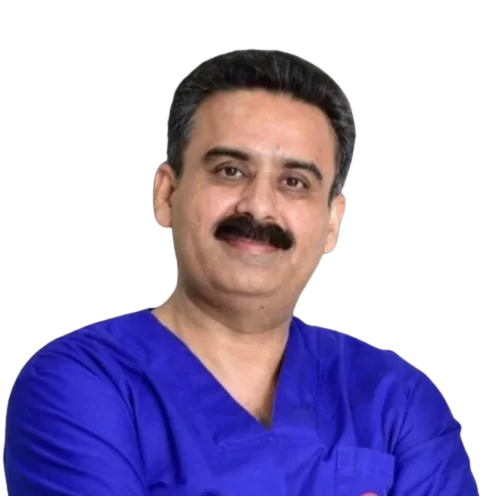
Dr Fazal Ur Rehman Khan Niazi
M.B.B.S, F.C.P.S.(UROLOGY)
Consultant Urologist and Kidney Transplant Surgeon Assoiate Professor & Head of Urology Department Fedral Postgraduate Medical Institute National Institute of Kidney Diseases Shaikh Zayed Hospital Lahore. There are many renowned Urethral surgeons in Lahore. Dr. Fazal is without a doubt, the leading one. With over 20 years of urology experience and over 1452+ happy patients. He is by far the most trusted choice for Urethral surgery.
Criteria to consider when choosing a urethral surgeon
A general yet effective criterion when choosing a urethral surgeon is:
- Medical Background.
- Hospital Affiliations.
- Years of Experience
- Success Rate
- Equipment available
- Compassionate approach to patient care
- Previous Patient Reviews & Testimonials.
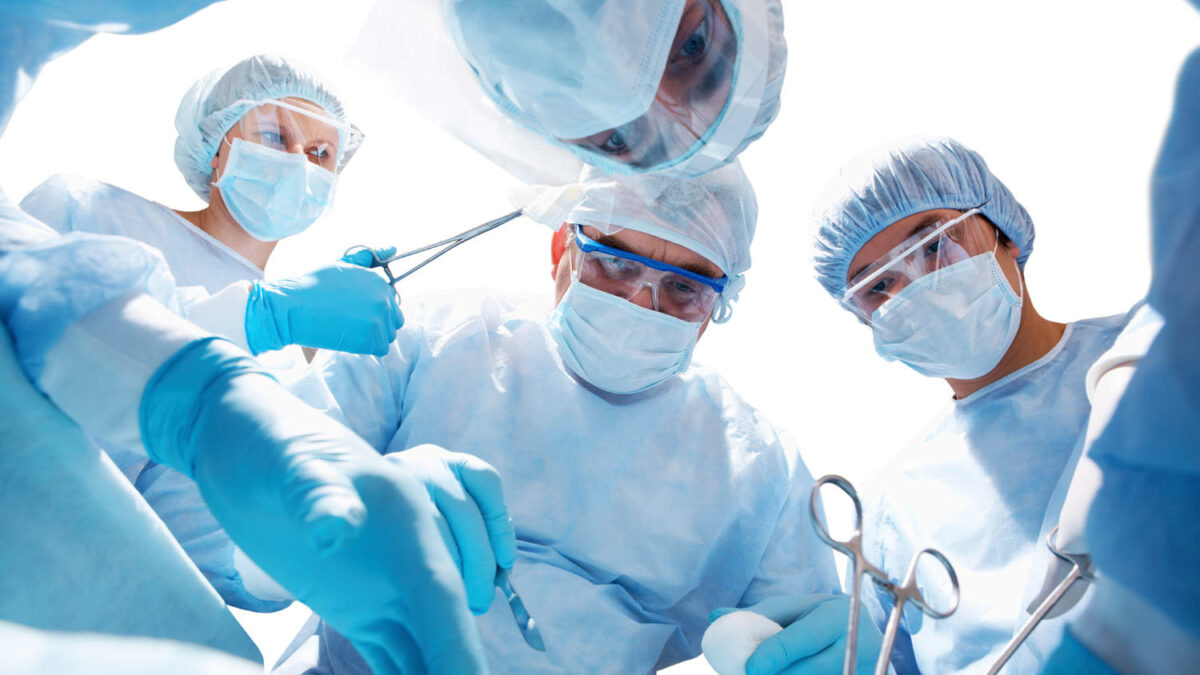
Patient Reviews and Surgeon Success Rate:
Dr. Fazal's success rates speak volumes about his expertise. His patient testimonials highlight not only his surgical prowess but also the support and guidance he offers throughout the process.
Hear It From Our Patients
The Urethral Surgery Procedure: A Detailed Walkthrough
Choosing the right medical facility is crucial for your health and well-being. Our urological clinic in Lahore stands out for several compelling reasons:
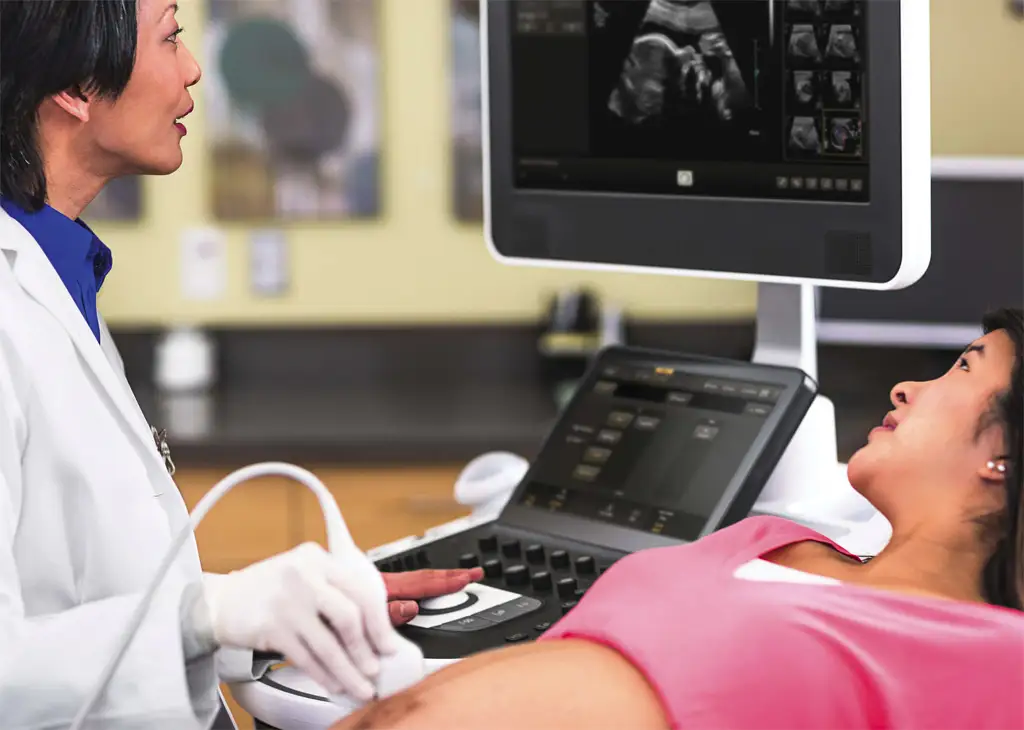
Pre-surgery evaluation and preparation
Just like any other surgery, the first step involves the surgeon(urologist) consulting with the patient to understand the patient’s medical history, followed by physical examination, and re-evaluating the symptoms as due diligence.
Followed by comprehensive diagnostic testing to evaluate the extent of the problem. Lastly, the patient is briefed on the procedure.
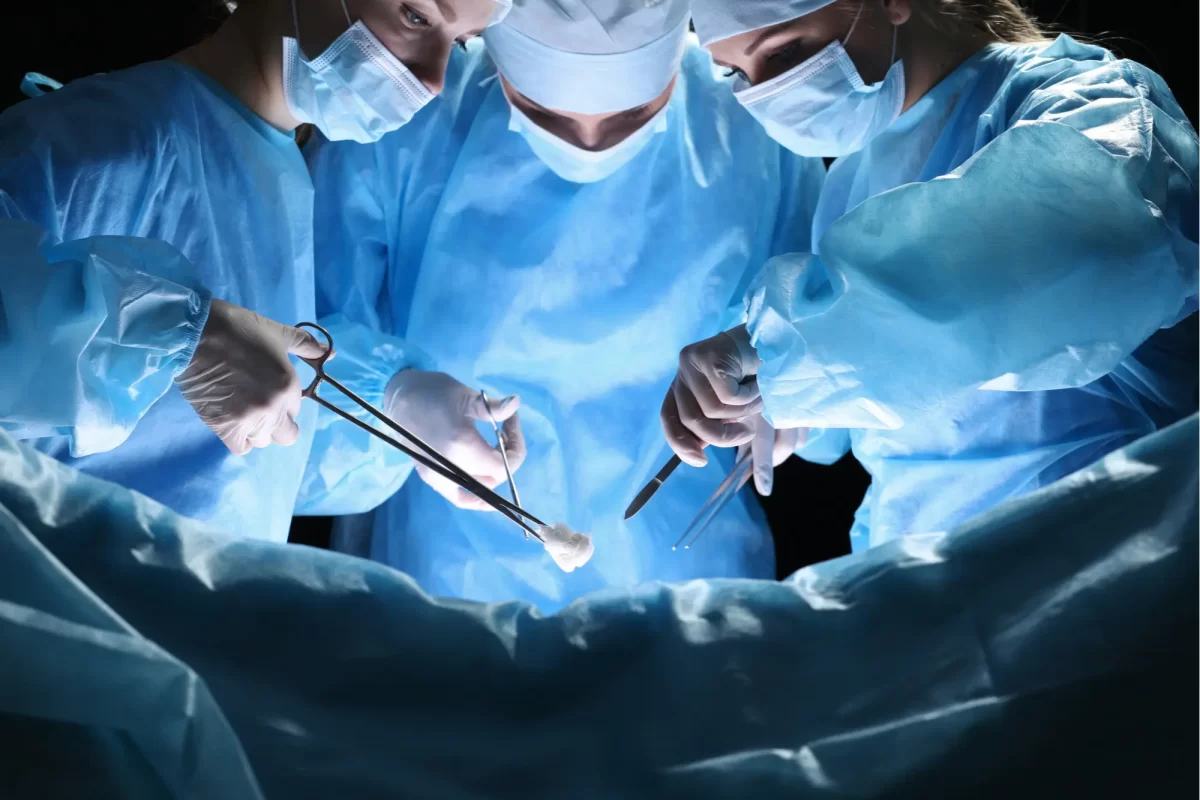
The surgical process demystified
At the appointed surgery time, the patient is brought to the operating room and is administered general anesthesia. After that, the surgeon(urologist) will decide the direction of surgery. whether to use an incision or instrumentation to reach the affected area. After this, the surgeon will address the specific urethral condition.
Some common treatments are:
Urethral Dilation: Expanding a narrowed urethra using dilators.
Urethroplasty: Surgical reconstruction of the urethra, which may involve removing scar tissue, grafting, or tissue flaps.
Diverticulectomy: Removal of urethral diverticula (pouch-like structures) if present.
Stent Placement: In some cases, a stent may be placed to keep the urethra open.
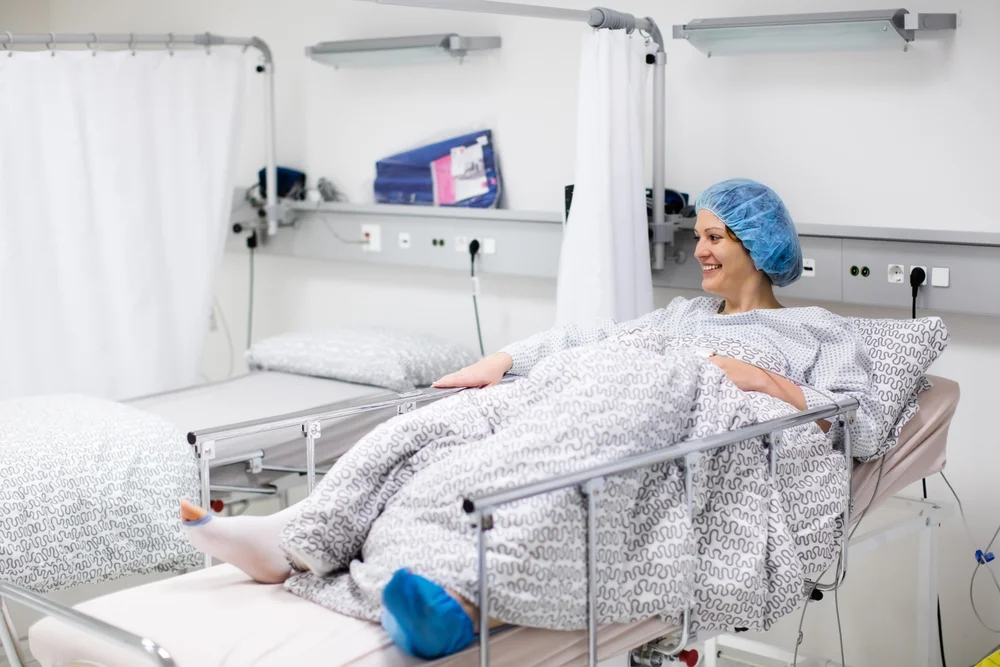
Post-operative care and recovery guidelines
The patient is kept under monitoring for a period of time to make sure no complications arise after the operation. Similarly, the patient is also given pain medication to relieve pain accompanied with antibiotics to prevent infection. Furthermore, follow-up checkups are appointed to monitor the progress over time.
Potential Risks and Considerations for Urethral Surgery
Common Complications and proactive measures to mitigate surgery risks
Pain
Pain in the initial stage of postoperative, it is common to experience pain that is why the common postoperative medication includes painkillers.
Long-term considerations for patients post-ureter surgery
Follow-Up Care
Regular check-ups with your urologist to monitor healing and address any issues promptly.
Bleeding
It is common to find minute blood in urine after the surgery. However, in case of excessive bleeding, consult your operating surgeon as soon as possible.
Lifelong Management
Continued adherence to prescribed medications and lifestyle adjustments for ongoing urological health.
Infection
The ureter is a breeding ground for bacteria, it is common to suffer from infection but it can be prevented by taking the recommended antibiotics.
Stricture Surveillance
Periodic urethral dilations or treatments to prevent stricture recurrence if previously experienced.
Advantages of Undergoing Urethral Surgery in Lahore
State-of-the-art medical facilities and equipment
Lahore is home to a number of world-class hospitals with state-of-the-art medical facilities and equipment that allow accurate diagnosis and quicker post-surgery recovery.
Cost-benefit analysis of treatment in Lahore
As a healthcare hub, the prices of treatment in Lahore are quite affordable. The greater number of both public and private hospitals makes it possible to find both high-quality and affordable treatment.
Expertise and dedication of medical professionals
Lahore doesn’t just accept only patients from all over Pakistan but it also accepts some of the most talented medical professionals. Making it the home ground of highly talented medical professionals.
Frequently Asked Questions about Urethral Surgery in Lahore
The typical recovery time of post-urethral surgery is 1-2 weeks for initial recovery after which you can go about your work but the complete recovery is only possible after 6 weeks. Until then, it is recommended that you don’t lift heavy stuff.
It is hard to compare the urethral surgery rates in Lahore to global standards as the success of a surgery is highly dependent on the underlying cause. Such that some types of urethral surgeries have a higher success rate than others.
Conclusion:
Lahore is without a doubt the best place to resolve your urethral surgery needs but even here, not all experts are on the same level. Dr. Fazal is a great example. He is both a safe as well as the best choice among the urologists Lahore has to offer.
- Phone : (+92) 300 9496772
- Location : Farooq Hospital Thokar Niaz baig، Westwood Colony Lahore, Punjab
- Email : drfazaln40@gmail.com
